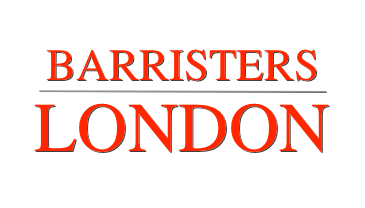Dishonesty in Professional Practice
Dishonesty in clinical or other professional practice is viewed as one of the most serious matters of misconduct usually attracting a finding of impairment and a sanction of either suspension or erasure.
Dishonesty can take various forms some criminal, some not, some destroying trust instantly, others merely undermining it to a greater or lesser extent, Lusinga v NMC [2017] EWHC 1458 (Admin), 103.
The test to determine whether there has been dishonesty is a two stage test, firstly whether the practitioner subjectively believes he/she was acting dishonestly and secondly, whether objectively his/her actions were dishonest as stated in the leading case Ivey v Genting [2017] UKSC 67. Ergo, when a tribunal or disciplinary body examines the conduct complained of:
The adjudicator must first ascertain (subjectively) the actual state of the individual’s knowledge or belief as to the facts. The reasonableness or otherwise of his belief may evidence whether he held the belief, but it is not an additional requirement that his belief must be reasonable; the question is whether it is genuinely held.
The adjudicator must then determine whether the professional’s conduct was dishonest by applying the objective standards of ordinary decent people. It is not necessary for the individual to appreciate that what he has done is, by those standards, dishonest.
Dishonesty is difficult to remedy in the eyes of the regulators. However, good reflection, insight, remorse and attempts at remediation such as completing a professional ethics course, undertaking charity work and evidence that there has been no repetition may help to avoid removal from the register. A professional who has acted dishonestly, whether by act or omission, risks losing their professional registration.
If you are a professional facing allegations of dishonesty, contact Barristers.London without obligation and in strict confidence to see how we may assist you and to discuss the potential costs of such work.
Back to Regulatory and Disciplinary Law Page

Request a
Enquiries
